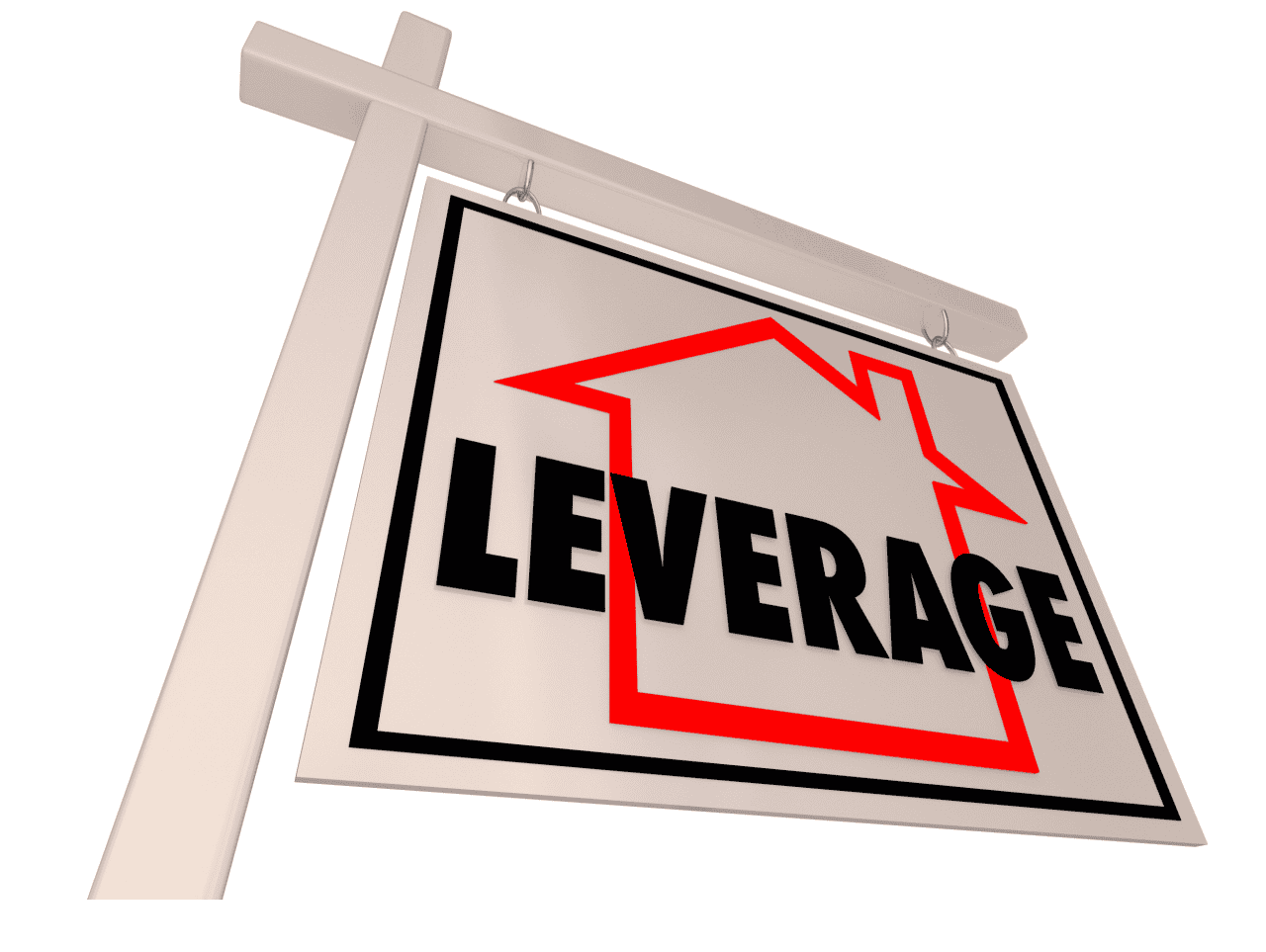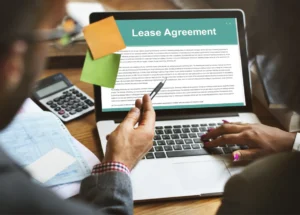Home·Property Management·Financing·How to Leverage Property to Buy Another

How to Leverage Property to Buy Another
Real estate investing is an excellent way to build wealth and generate passive rental income. One way for real estate investors to maximize their return on investment is by leveraging equity or using the value of their assets to secure financing for additional properties.
In this article, we’ll cover the basics of leveraging equity in real estate investing, including how to leverage equity in a rental property, how to leverage property to buy another, and the risks associated with leveraging a property.
Key Takeaways
-
Leveraging equity refers to using the value of your assets, such as a home or investment property, to secure financing for additional investments or renovations.
-
The safest and most financially wise strategy for leveraging equity is to use that equity to buy an income-producing hard asset like a rental property.
How to Leverage Equity
Leveraging equity refers to using the value of your assets, such as a home or investment property, to secure financing for additional investments or renovations.
For example, if you own an investment property with a market value of $1,000,000 and a mortgage balance of $700,000, you have $300,000 in equity. You can leverage that equity by taking out a home equity loan or a home equity line of credit (HELOC) against the value of your home.
To qualify for a home equity loan or HELOC, you will typically need to have good credit, a low debt-to-income ratio, and a stable income. The lender will also consider the value of your investment property and the amount of equity you have built up. Your home will secure the loan or line of credit, so if you default on the loan, the lender may be able to foreclose on the property.
How to Leverage Equity in a Rental Property
If you own a rental property, you can similarly leverage that property’s equity. For example, if you own a rental property with a market value of $400,000 and a mortgage balance of $280,000, you have $120,000 in equity.
You can use that equity to secure a rental property loan or a cash-out refinance to finance additional investments or renovations.
To qualify for a rental property loan, you typically need good credit, a low debt-to-income ratio, and a stable income. You will also need to provide information about the rental property, including its value and trailing 12-month financials. The lender will consider these factors when determining your loan terms and interest rate.
How to Leverage One Property to Buy Another
Another way to leverage equity in real estate investing is by using one property to purchase another.
For example, if you own a rental property with a real estate market value of $400,000 and a mortgage balance of $200,000, you have $200,000 in equity. You can use a portion of that equity as a down payment on another rental property, potentially allowing you to purchase the property with less cash upfront.
To do this, you can take out a loan or line of credit against the value of your existing property and use the funds to purchase the new property. This can be an excellent way to grow your real estate portfolio without using all of your cash upfront.
Leveraging Equity to Buy Rental Property
The safest and most financially wise strategy for leveraging equity is to use that equity to buy an income-producing hard asset like a rental property.
For example, suppose you have $100,000 of equity that you can leverage from your property and want to purchase a rental property for $200,000. In that case, you can use a home equity loan or a home equity line of credit to cover the down payment and your closing costs.
This can be a good option if you have a solid credit score and a low debt-to-income ratio, as it can allow you to buy a rental property without depleting all of your savings. However, it’s essential to carefully consider the terms of the loan and the potential risks before taking this step.
The Risks Associated With Leveraging a Property
Leveraging equity in real estate investing can be a powerful tool for building wealth and generating passive income. However, it’s important to consider the risks before deciding to leverage a property.
One risk to consider is the possibility of defaulting on the loan or line of credit. If you are unable to make your monthly mortgage payments, the lender may be able to foreclose on your property and take ownership of it. This can be particularly risky if you use your primary residence as collateral, as you could lose your home.
Another risk to consider is the potential for market changes. If the value of your property decreases, you may end up owing more than the property is worth. This can make selling or refinancing the property difficult, and you may end up with negative equity.
Finally, it’s essential to carefully consider the terms of any loan or line of credit you take out. Ensure you understand the interest rate, fees, and repayment terms, and read the fine print before signing on the dotted line.
Frequently Asked Questions
Can I use my house as collateral to buy another house?
Yes, you can use the collateral in your home to buy other real estate assets. Various financial products such as a HELOC enable you to do this.
How to use debt to your advantage in real estate?
Using an appropriate amount of debt for any real estate purchase is paramount to creating long-term wealth. Using debt to purchase real estate includes tax advantages, inflation shelter through depreciating dollars, and a higher return on your invested capital.
How to Leverage Property to Buy Another – Conclusion
Leveraging equity in real estate investing is a powerful way to grow your real estate investment portfolio and generate passive income.
However, it’s essential to carefully consider the risks and ensure you understand the terms of any loan or line of credit you take out. With careful planning and a solid investment strategy, leveraging equity can be a valuable tool for building wealth in real estate.
Source: Willowdale Equity
Get AAOA's Newsletter
Property Management News Categories
- Affordable Housing
- Collections
- COVID-19
- Eviction
- Fair Housing
- Financing
- Going Green
- Government
- Investing
- Landlord Forms
- Landlord Quick Tips
- Latest News
- Leasing
- Legal Brief
- Legal News
- Maintenance
- Make Extra Money
- Marketing Vacant Units
- Property Management
- Real Estate Investing
- Real Estate Trends
- Remodel and Repair
- Rent Magazine
- Security Deposit Alternatives
- Social Media
- Tax Tips
- Technology
- Tenant Screening
- Uncategorized













 Accessibility
Accessibility